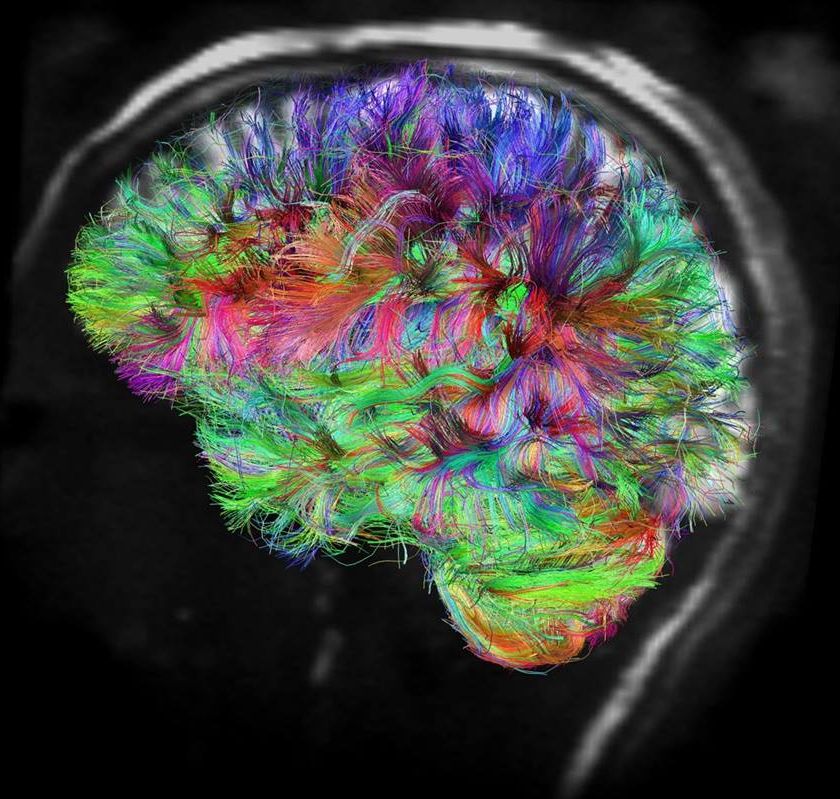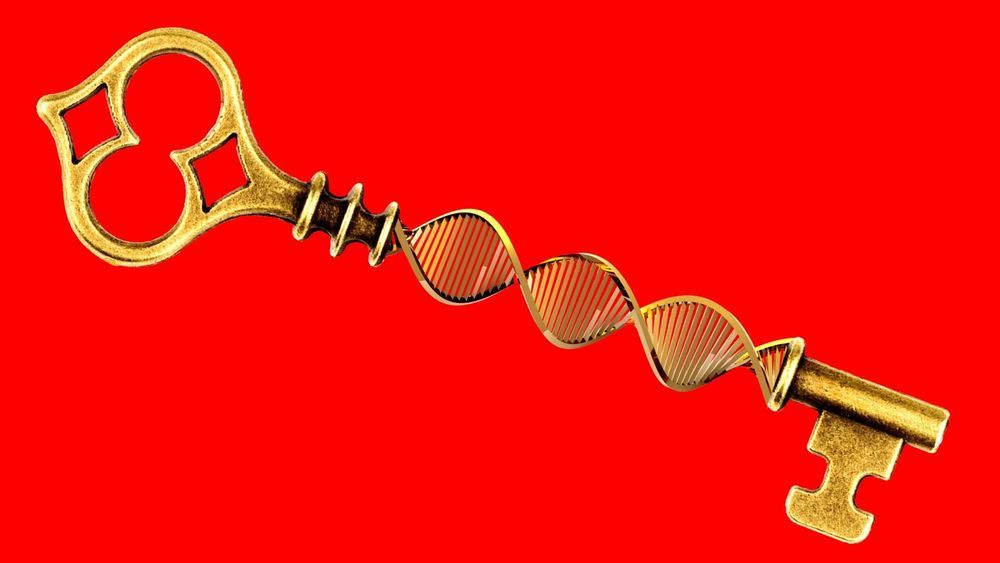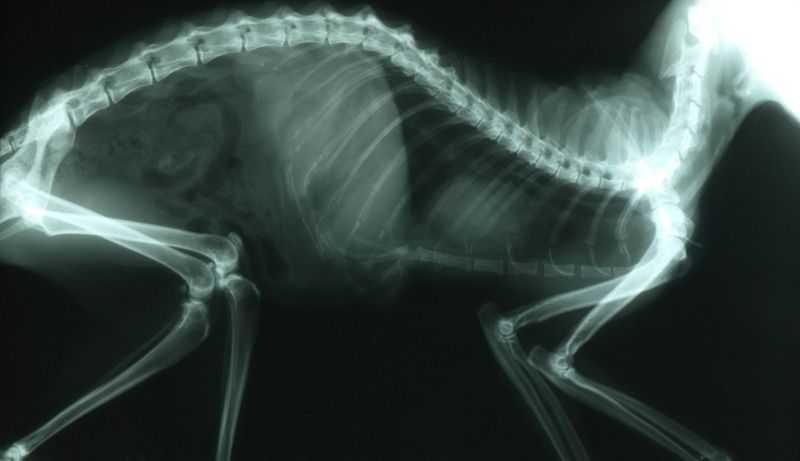Like many people, Barbara Greenberg wasn’t looking to unlock any deep, dark family secrets when she spit into a tube a few years ago and sent her DNA off to be analyzed. “I was just curious to see if I would find anything a bit interesting,” Greenberg says.
And at first, there were no real surprises; she was, as expected, 100 percent Eastern European Jewish. But she’d check back into her account now and then, looking for new matches to distant cousins, and eventually someone else popped up—an unknown female relative with a DNA match significant enough to indicate it was likely a half-sister.
As Greenberg and the other woman began communicating, their shared story took shape. Although the other woman had very little information about who her biological father might have been, Greenberg says the timing, location, and certain clues the woman’s mother had given over the years indicated that they did, indeed, share the same father.





